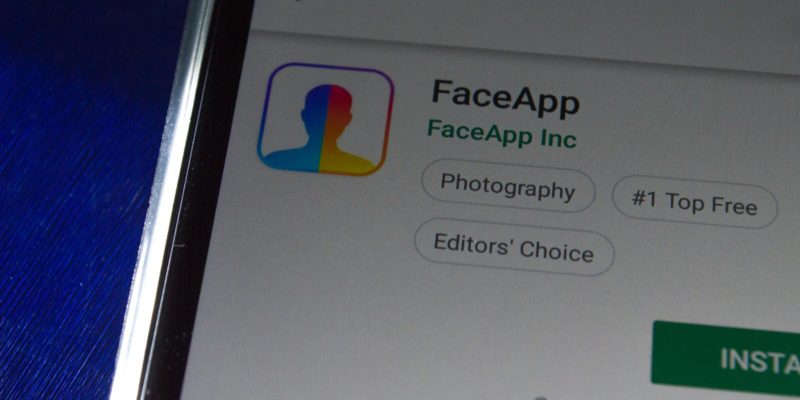Anyone who practically owns a smartphone knows about the viral FaceApp that has become a major hit in almost every social network and been used by almost, if not everyone.
But of course, after millions had already tried it out and shared photos of how they’d probably look like at the age of 80, the news that the app was created by a Russian developer broke the internet making everyone now airing their regrets and warnings that the developer was siphoning their new users’ data.
Even after the developer responded to try and make things clear, everything sort of calmed down. But it seems there is a new problem that is coming most probably from other malicious developers or rather, attackers that are creating fake versions of the app that may fool new users with how similar the look from the original.
Kaspersky recently identified a fraudulent version of FaceApp that has been designed to install malware to users’ phones.
The app that impersonates as the original immediately brings up an error message after installation and is then yanked from the system. A naive user may then think of this to be a safety precaution but the software has been reported to come with an adware module dubbed MobiDash that stays stuck in the phone’s system without the user’s consent.
So the adware is then used to spy on and fetch data from the victim. According to Kaspersky, about 500 users have fallen victim to this malware within the last two days. Moreover, 800 other harmful modules have been identified with almost the same agenda or worse.
With the huge numbers that FaceApp has attracted in say, less than a week it would seem logical to consider possibilities of attackers wanting to take advantage of the less tech-savvy population be it Android or iOS users.
According to a researcher from Kaspersky, Igor Golovin, “The people behind MobiDash often hide their adware module under the guise of popular applications and services.”
He also went on to warn users to be careful with what they download and install especially when it comes to applications from unofficial sources. “This means that the activities of the fake version of FaceApp could intensify, especially if we are talking about hundreds of targets in just a few days.”
This is not to say that there aren’t still concerns that the original FaceApp still raises. Everyone might be lazy when it comes to reading what these apps come with as policies but with this scary news, anyone that cares about their privacy might be forced to do so eventually.






Comments